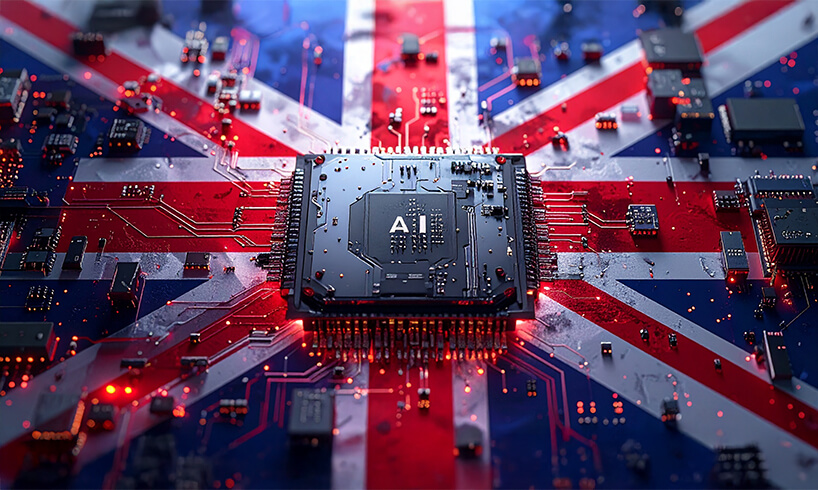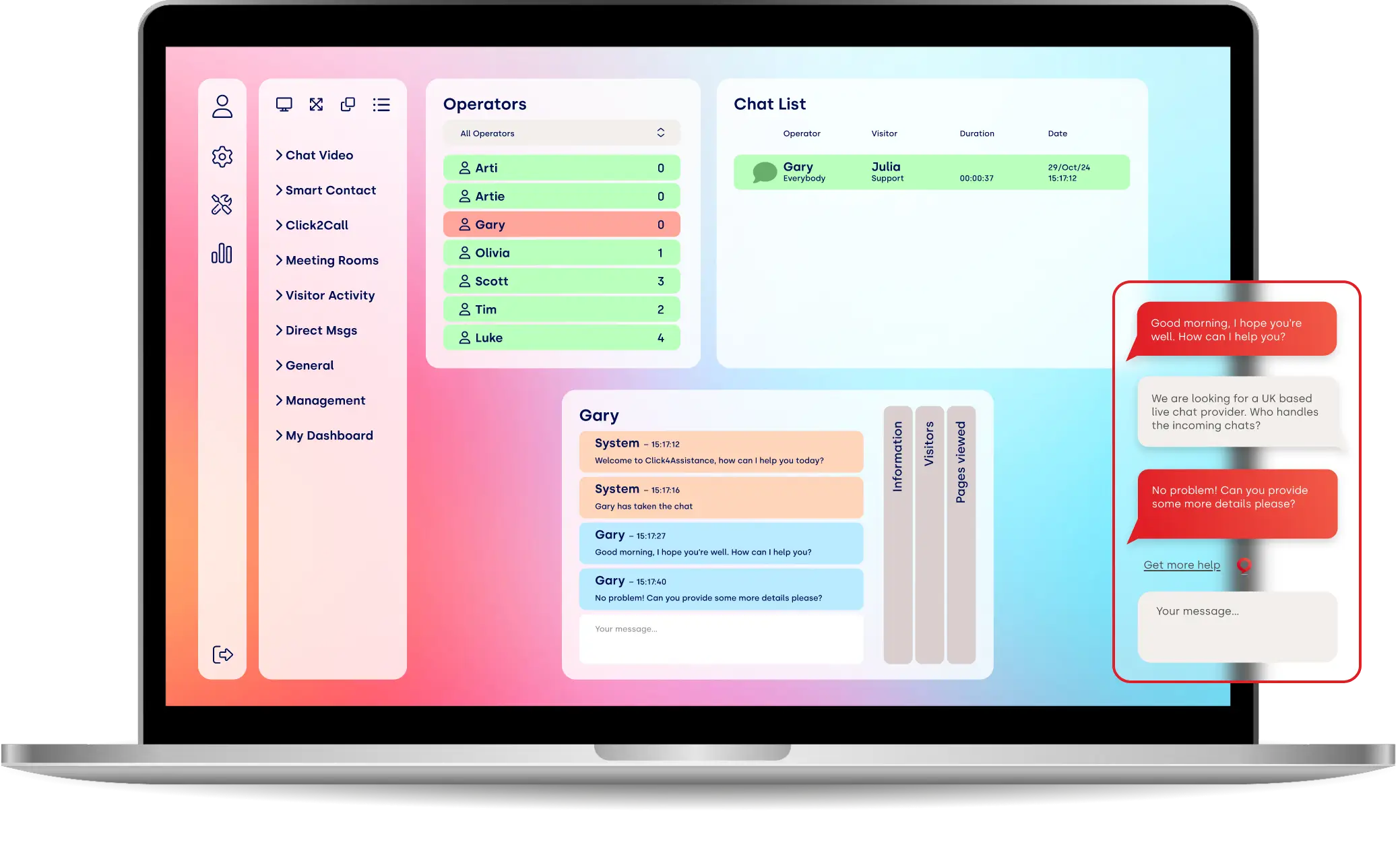Is It All Over for The Metaverse?

ChatGPT has left all competitors in the dust, including The Metaverse. So is it a passing fad or a really late bloomer?
Before AI, it was all anyone could talk about. The Metaverse was touted as the future of how we live our lives. It was going to enhance our shopping experience, our ways of spending money, and living our lives on this platform would bring virtual reality into reality, even Mark Zuckerberg changed the name of his company from Facebook to Meta, but the reality is that it did not deliver. In November last year, with the unveiling of ChatGPT, the world immediately grabbed onto this and heralded AI as the future. So, what does this mean for The Metaverse? Is it all over?
The Decline of The Metaverse
The premise of The Metaverse is virtual real estate, and the key driver behind the activity is Ethereum, the cryptocurrency. But the volatility in the price left many buyers and sellers struggling, resulting in the costs of virtual land dropping from $11,000 US dollars to under $2,000 US dollars. The volatility of cryptocurrency brought about uncertainty to the market, leaving Metaverse investors uncertain about their virtual holdings.
As The Metaverse itself is not fit for purpose and the technology has not matched the reality, resulting in low-quality avatars and mediocre virtual reality, the new and exciting way of living life became the equivalent of hanging out in a Dire Straits video! But this is where AI became so much more, especially since ChatGPT.
AI and Its Potential
Generative AI has attracted a lot of investment over the last few years, and AI is evolving at a rapid rate. The impact of AI is not just felt in web users; for example, AI chatbots are being incorporated as web live chat software, but it also has the potential to augment human performance. Generative AI is being used in many organisations through the aforementioned chatbots, but generative AI will undoubtedly resemble something completely different by the end of this decade.
According to the managing consultant company Gartner, there is a great likelihood that a major blockbuster film will be 90% AI. Generative AI is currently limited in scope; for example, ChatGPT's potential to generate false or biased information is already built into the system. But as AI progresses, there will be greater policing, for example, Bing's AI search engine already shuts down any potentially disruptive queries.
Is It All Over for The Metaverse?
While many reports are suggesting that it is time to bid goodbye to the short-lived Metaverse like we’d bid goodbye to a pet hamster, there could be the potential for AI and The Metaverse to coexist. Generative AI might have the potential to augment The Metaverse by creating more convincing environments, but we’ll have to wait and see.
But, to be fair to The Metaverse, any technological breakthrough can be misjudged or poorly timed. Because ChatGPT gained so much steam in a number of months due to its instant usefulness, there's a lot of scepticism around any emerging technology that purports to be the wave of the future. VR, AR, self-driving vehicles, and The Metaverse have all been considered fads, but even the internet was considered a passing entity. New technologies and tools become so intertwined with our lives that we cannot imagine ourselves without them, and perhaps this is why The Metaverse will realise its potential. Not now, maybe not this year, but possibly, quite possibly, soon.

























